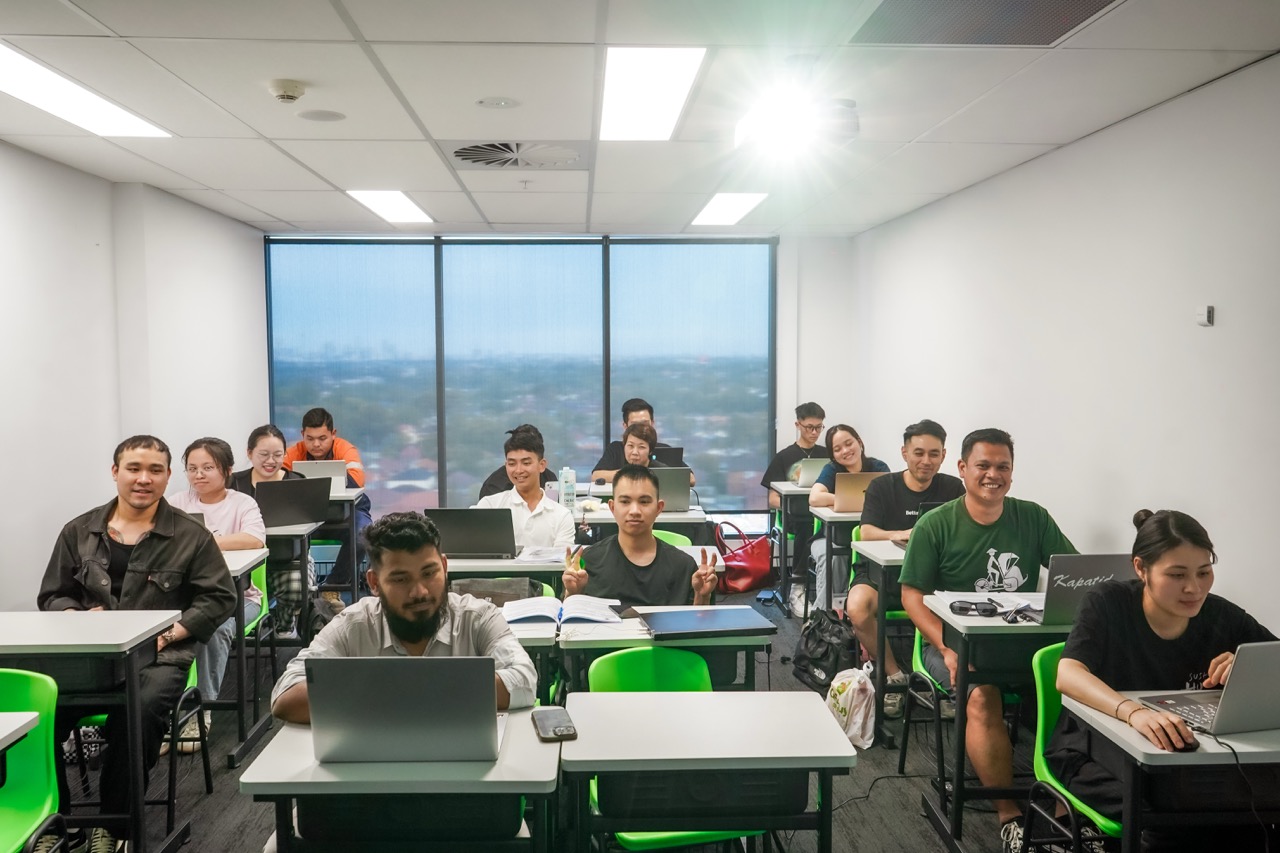
How to Choose the Right Kitchen Management Course in Australia
Australia has developed into a mecca for aspiring chefs and F&B professionals. Join a Kitchen Management course and receive world class lessons on how to cook up our country's food culture to the attention of the world. But how do you choose the right course for your career goals?
Factors to Consider
1. Accreditation and Recognition
Ensure the course is nationally recognized and accredited by relevant Australian authorities. Look for RTO (Registered Training Organisation) registration and CRICOS codes for international students.
2. Curriculum and Course Content
Review the course structure to ensure it covers essential topics like food safety, kitchen operations, financial management, and leadership skills. The curriculum should be comprehensive and industry-relevant.
3. Practical Training Opportunities
Look for courses that offer hands-on training in real kitchen environments. Practical experience is crucial for developing the skills needed in kitchen management.
4. Industry Connections
Consider institutions with strong industry partnerships that can provide work placement opportunities and networking connections.
5. Location and Facilities
Choose a location that suits your lifestyle and offers modern kitchen facilities with industry-standard equipment.
6. Career Support Services
Look for institutions that offer career guidance, job placement assistance, and ongoing support for graduates.
By carefully considering these factors, you can choose a Kitchen Management course that aligns with your career aspirations and provides the best foundation for success in the hospitality industry.








